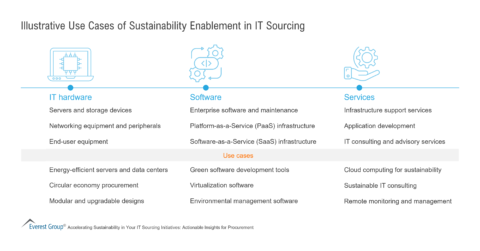Reimagine growth at Elevate – Dallas 2025. See the Agenda.
Filter
Displaying 21-30 of 159
Mindset Shift: Embracing Sustainability as a GDP Growth Lever | Webinar
On Demand Webinar
1 hour
Impact Sourcing: The Asset Enterprises Could be Missing | LinkedIn Live
On-Demand LinkedIn Live
1 hour
Strategic Sustainability Partnerships: Aligning Objectives for Long-term Impact | Webinar
On-demand Webinar
1 hour
Safeguarding Ethics and Cybersecurity in the AI-Driven Corporate Realm | In-Person Roundtable
May 23, 2024
6:00 p.m. to 9:00 p.m. IST
Pune, India
3 hours












